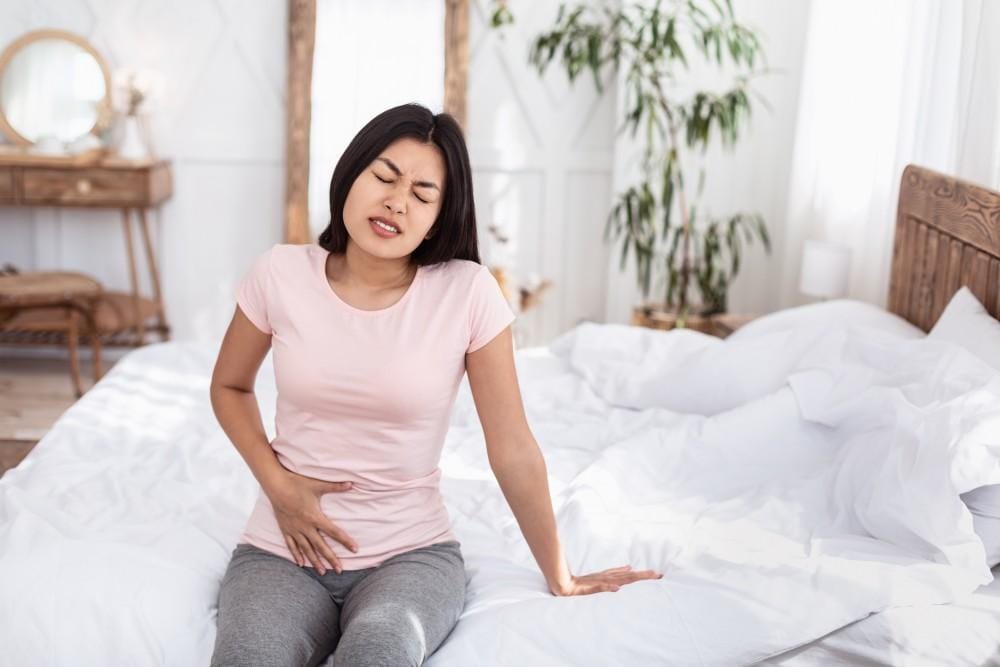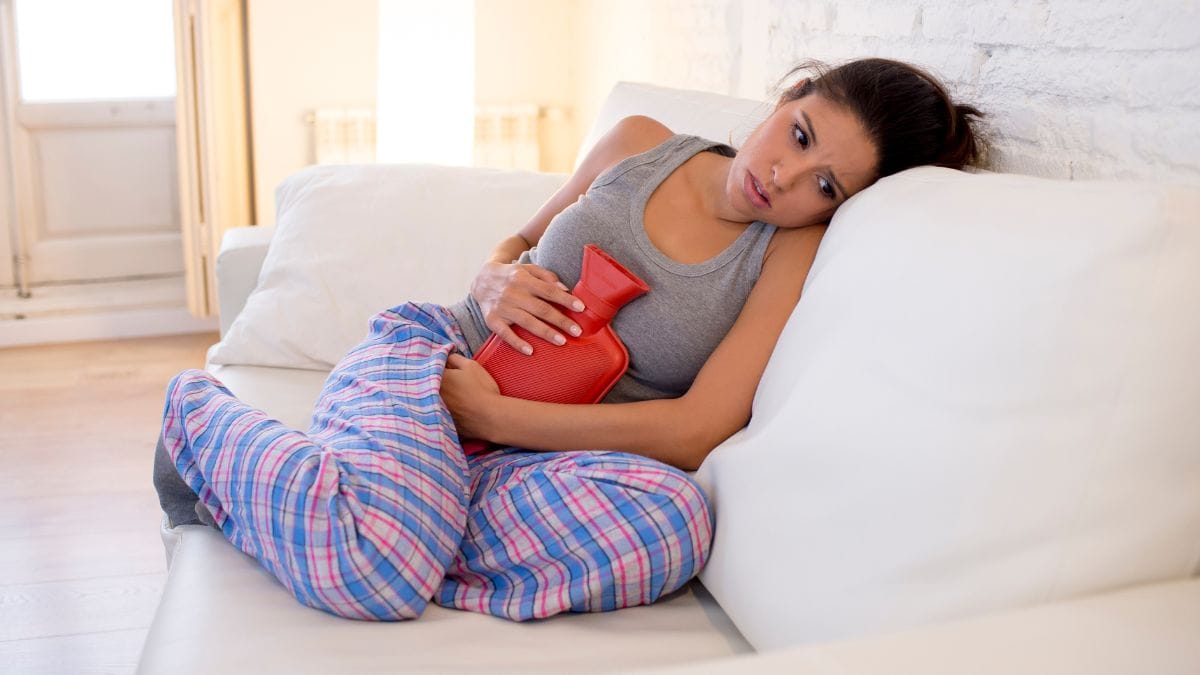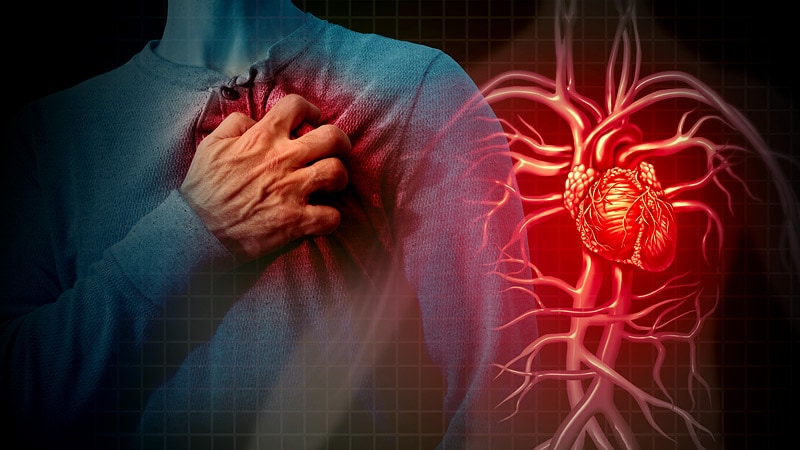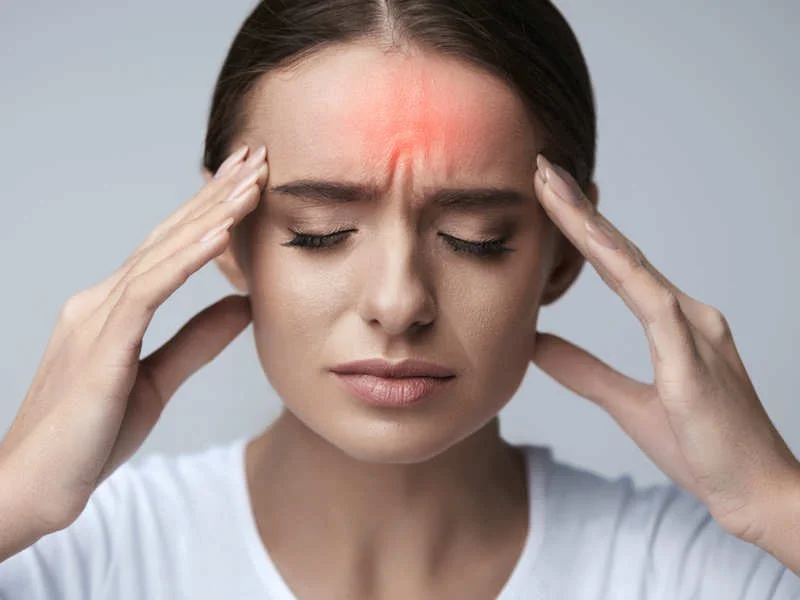
Welcome to our comprehensive blog on understanding menstruation and exploring ways to manage and regulate periods safely. Menstruation is a natural and essential part of a woman’s reproductive health, and while it might sometimes come with discomfort or inconvenience, it plays a crucial role in the menstrual cycle and fertility. However, we recognize that some individuals may seek ways to alleviate menstrual symptoms or regulate their periods for specific reasons.
Before we delve into any methods or solutions, it’s essential to stress that stopping periods entirely is not a recommended or safe practice. Menstruation serves as a natural process, and attempting to halt it without medical supervision can have potential health risks. The content of this blog aims to provide information on managing menstrual symptoms, understanding the menstrual cycle, and exploring safe and effective options under the guidance of a healthcare professional.
Causes of Prolonged Periods
Prolonged periods, also known as menorrhagia, is a menstrual disorder characterized by abnormally heavy or prolonged bleeding during menstruation. There are various potential causes for prolonged periods, ranging from hormonal imbalances to underlying medical conditions. Some of the common causes include:
- Hormonal Imbalance: Fluctuations in hormones, particularly estrogen and progesterone, can disrupt the normal menstrual cycle and lead to excessive bleeding. Hormonal imbalances can be caused by factors such as stress, thyroid disorders, polycystic ovary syndrome (PCOS), or perimenopause.
- Uterine Fibroids: These non-cancerous growths in the uterine wall can cause heavy and prolonged menstrual bleeding. The size and location of the fibroids can influence the severity of symptoms.
- Adenomyosis: This condition occurs when the tissue lining the uterus (endometrium) grows into the muscular walls of the uterus. It can lead to heavy and painful periods.
- Endometrial Polyps: Endometrial Polyps are benign growths on the inner lining of the uterus that can contribute to heavy or irregular bleeding.
- Pelvic Inflammatory Disease (PID): PID is an infection of the female reproductive organs, usually caused by sexually transmitted bacteria. It can lead to inflammation and scarring, potentially affecting menstrual flow.
- Bleeding Disorders: Certain blood clotting disorders, like von Willebrand disease, can lead to excessive bleeding during menstruation.
- IUDs (Intrauterine Devices): While hormonal IUDs may reduce menstrual bleeding, non-hormonal IUDs can sometimes cause heavier periods in some women.
- Medications: Certain medications, such as anticoagulants or hormonal therapies, can affect the menstrual flow and lead to prolonged periods.
- Cancer or Precancerous Conditions: In some cases, prolonged periods could be a sign of uterine, cervical, or ovarian cancer or precancerous conditions.
- Thyroid Dysfunction: An underactive or overactive thyroid gland can disrupt the menstrual cycle and cause abnormal bleeding.
- Coagulation Disorders: Conditions that affect blood clotting can lead to excessive bleeding during menstruation.
- Stress and Lifestyle Factors: High levels of stress, poor nutrition, extreme weight loss, or excessive exercise can impact hormone levels and contribute to menstrual irregularities.
It’s essential to consult a healthcare provider if you experience prolonged or unusually heavy periods, as they can conduct a thorough evaluation, determine the underlying cause, and recommend appropriate treatment options tailored to your specific needs. Early detection and intervention can help manage the condition and prevent potential complications.

8 Natural Solutions
Dealing with prolonged periods can be uncomfortable and distressing. Prolonged periods can be a symptom of an underlying health issue that requires medical evaluation and treatment.
If you are experiencing prolonged periods, it’s essential to consult with a healthcare professional to determine the cause and receive appropriate treatment. In the meantime, here are some home remedies that may help manage menstrual symptoms during prolonged periods:
- Hydration: Stay well-hydrated by drinking plenty of water. Proper hydration can help maintain blood volume and support overall health during menstruation.
- Iron-rich foods: Consume foods rich in iron, such as leafy greens, beans, and fortified cereals, to prevent anemia caused by heavy bleeding.
- Herbal Teas: Some herbal teas, like raspberry leaf tea, may help tone the uterine muscles and potentially reduce excessive bleeding.
- Heat Therapy: Applying a heating pad or warm compress to the lower abdomen can ease menstrual cramps and provide comfort.
- Vitamin C: Foods high in vitamin C, like citrus fruits and strawberries, may help strengthen blood vessels and reduce bleeding.
- Turmeric: Adding turmeric to your diet or taking a turmeric supplement may have anti-inflammatory properties that could help with menstrual discomfort.
- Pineapple: Bromelain, an enzyme found in pineapple, may have anti-inflammatory effects that could alleviate menstrual symptoms.
- Stress Reduction: Engaging in relaxation techniques, such as meditation or yoga, can help reduce stress, which may positively impact menstrual health.
While these home remedies may provide some relief from menstrual symptoms, they are not a substitute for medical evaluation and treatment. If you are experiencing prolonged periods, it’s essential to consult a healthcare provider to identify the underlying cause and receive appropriate medical care. They can offer personalized advice and management options to address your specific needs and ensure your well-being.
Nonsurgical procedures and surgical operations for heavy periods
Here are some nonsurgical and surgical options for treating heavy periods:
Nonsurgical Procedures:
- High-intensity focused ultrasound (HIFU): Uses focused sound waves to treat uterine fibroids causing heavy bleeding by heating and destroying targeted tissue.
- Uterine artery embolization (UAE): Involves injecting small particles into the blood vessels leading to the uterus to block blood flow to fibroids, causing them to shrink and reducing bleeding.
- Endometrial ablation: Destroys the uterine lining using methods like extreme cold, heated fluids, or energy-based techniques, reducing menstrual bleeding. It’s suitable for women who do not wish to become pregnant in the future.
Surgical Operations:
- Myomectomy: Removes uterine fibroids while preserving the uterus. It can be performed through small abdominal incisions (laparoscopic or robotic) or a larger incision (laparotomy).
- Endometrial resection: Removes the uterine lining using an electrically heated wire loop inserted through the cervix and vagina, reducing menstrual bleeding.
- Hysterectomy: This involves removing the entire uterus, which is a definitive treatment for heavy periods. It can be performed through various approaches, including vaginal, laparoscopic, or abdominal methods.

List of Medicine to Stop Menstrual Bleeding
Medications to Stop Menstrual Bleeding Immediately Include:
- Nonsteroidal anti-inflammatory drugs (NSAIDs): NSAIDs like ibuprofen (Advil, Motrin IB) or naproxen sodium (Aleve) are used to reduce menstrual blood loss and alleviate painful menstrual cramps.
- Tranexamic acid: Tranexamic acid (Lysteda) is taken during menstruation to decrease menstrual blood flow effectively.
- Oral contraceptives: Besides contraception, oral contraceptives can regulate menstrual cycles and lessen heavy or prolonged menstrual bleeding.
- Oral progesterone: Progesterone, a natural hormone, or its synthetic form (progestin) can correct hormone imbalances and reduce heavy menstrual bleeding.
- Hormonal IUD (Mirena, Liletta): This intrauterine device releases levonorgestrel, a type of progestin, that thins the uterine lining, reduces menstrual blood flow, and eases cramping.
Diagnosis through Hysterosonography or Hysteroscopy
Hysterosonography (SIS) and hysteroscopy are tested to see inside the uterus. Hysterosonography uses saline (salt water) and ultrasound to check for growths like polyps or fibroids. Hysteroscopy uses a small camera to look directly inside the uterus and can treat problems like polyps during the procedure. Choose hysterosonography first for a basic check and hysteroscopy if more detailed viewing or treatment is needed.
- Hysterosonography (SIS): Uses saline to expand the uterus for ultrasound imaging. It’s non-invasive and good for spotting polyps, fibroids, and abnormal growths inside the uterus.
- Hysteroscopy: Involves a thin, lighted tube to directly view and sometimes treat issues in the uterus. It’s more invasive but offers precise diagnosis and can treat conditions like polyps or fibroids during the procedure.
When to see a doctor
See a doctor for heavy periods if:
- Your flow soaks through pads or tampons hourly.
- Periods last over 7 days regularly.
- Passing large blood clots or clotting with heavy bleeding.
- Signs of anemia like fatigue or weakness.
- Heavy periods disrupt daily life or work.
- Sudden changes in menstrual cycle or severe pain.
It’s crucial to approach menstruation and menstrual health with the utmost care and understanding. While stopping periods entirely is not recommended or safe, there are numerous safe and effective methods to manage and regulate menstrual symptoms under the guidance of a healthcare professional. Our blog aims to empower you with the knowledge to make informed decisions about your menstrual health and well-being.
Remember, if you experience any persistent or concerning menstrual issues, consulting a healthcare provider is the best course of action. They can provide personalized advice and develop a tailored plan to address your specific needs, ensuring your menstrual journey is as comfortable and healthy as possible.






I do consider all the ideas you’ve offered for your post. They are really convincing and can definitely work. Nonetheless, the posts are very short for beginners. May you please lengthen them a bit from next time? Thank you for the post.
Thank you.. Your valuable comments are our pleasure. Please share our website with your friends.
whoah this blog is great i love reading your posts. Keep up the great work! You know, lots of people are hunting around for this info, you can help them greatly.
I’ve come across that these days, more and more people are now being attracted to surveillance cameras and the discipline of photography. However, to be a photographer, you will need to first commit so much time deciding the exact model of digicam to buy and moving via store to store just so you can buy the most affordable camera of the brand you have decided to decide on. But it does not end just there. You also have to contemplate whether you should purchase a digital video camera extended warranty. Many thanks for the good ideas I accumulated from your site.
I wanted to construct a message to be able to thank you for some of the awesome items you are posting on this site. My particularly long internet research has finally been honored with good facts to write about with my family members. I ‘d repeat that most of us readers are very much fortunate to exist in a useful website with very many brilliant professionals with good strategies. I feel rather grateful to have used the weblog and look forward to plenty of more awesome moments reading here. Thank you once again for a lot of things.
I do agree with all of the ideas you have presented in your post. They’re very convincing and will certainly work. Still, the posts are very short for novices. Could you please extend them a bit from next time? Thanks for the post.
The articles you write help me a lot and I like the topic
Thanks for the different tips shared on this weblog. I have realized that many insurance firms offer clients generous deals if they choose to insure more and more cars together. A significant number of households have got several motor vehicles these days, especially those with older teenage youngsters still located at home, as well as the savings with policies could soon mount up. So it makes sense to look for a great deal.
Thank you for sharing these kind of wonderful posts. In addition, the optimal travel and also medical insurance strategy can often eradicate those concerns that come with visiting abroad. Any medical crisis can before long become too expensive and that’s guaranteed to quickly decide to put a financial load on the family’s finances. Putting in place the great travel insurance package prior to setting off is definitely worth the time and effort. Cheers
Thank you for this article. I’d also like to convey that it can possibly be hard when you are in school and merely starting out to initiate a long credit rating. There are many scholars who are only trying to endure and have long or positive credit history can be a difficult element to have.
Thank You… https://lifehealth.website/shope/